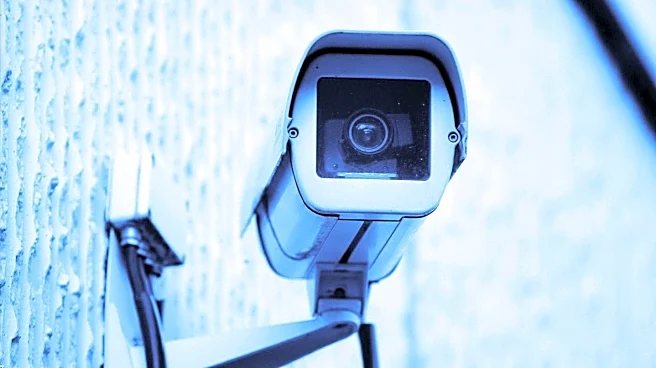What's Happening?
Russia is set to launch the Bion-M No. 2 biosatellite on August 20, 2025, from the Baikonur Cosmodrome in Kazakhstan. This mission, dubbed 'Noah's Ark,' aims to study the effects of spaceflight on living organisms, including 75 mice and over 1,000 fruit flies. The spacecraft will expose these biological specimens to high levels of radiation during a 30-day mission in space. The mission also includes lunar simulants, which are materials mimicking the moon's surface, to assess their reaction to space conditions. The data collected will be crucial for understanding the biological impacts of space travel and advancing deep-space missions.
AD
Why It's Important?
The Bion-M No. 2 mission is significant for its potential contributions to space medicine and astronaut health. By studying the effects of space radiation and microgravity on mice, which share genetic similarities with humans, researchers can gain insights into the long-term impacts of space travel on human health. The mission's findings could inform strategies to mitigate risks associated with radiation exposure during extended space missions. Additionally, the study of lunar simulants may aid future lunar construction projects, providing data on how local materials can be used for building structures on the moon.
What's Next?
Upon completion of the mission, researchers will analyze the biological responses of the mice and fruit flies to space conditions. The data will help scientists understand how organisms adapt to and recover from spaceflight, potentially influencing the design of future deep-space missions. The results from the lunar simulants experiment will be used to develop construction materials for long-term lunar habitation. The findings may also lead to innovations in space health and safety technologies, addressing the challenges posed by space radiation.
Beyond the Headlines
The mission highlights the collaboration between the Vernadsky Institute and the IMBP in preparing lunar simulants, emphasizing the importance of international cooperation in advancing space research. The focus on radiation exposure underscores the ongoing challenges faced by space agencies in ensuring astronaut safety during long-duration missions. The Bion-M No. 2 mission could pave the way for new strategies to protect biological systems from the harmful effects of space conditions.










